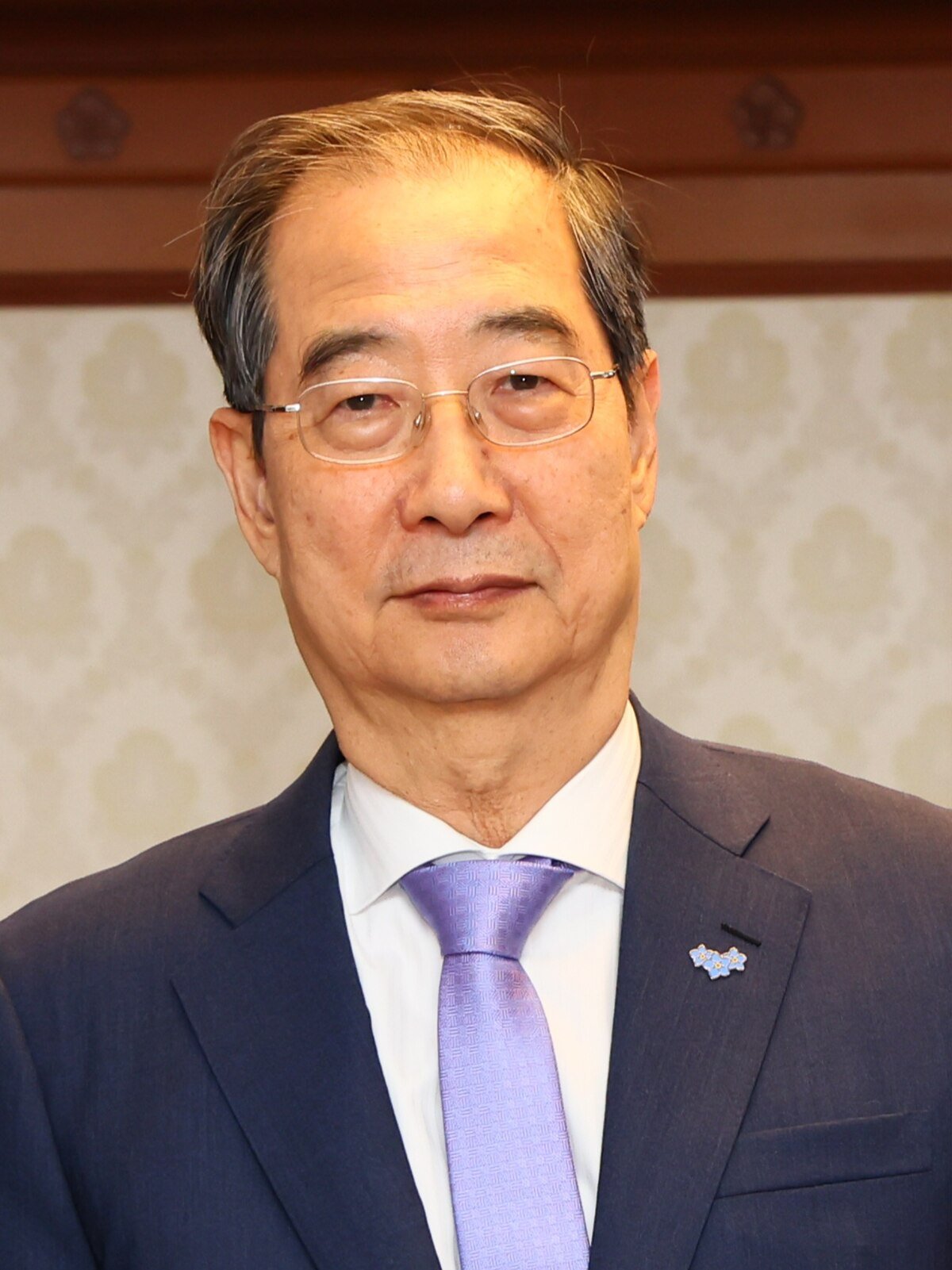
The number of young people not in education, employment or training was the highest last month for any July on record, revealing South Korea’s deepening troubles in the labor market.
The number of NEET Koreans between the age of 15 and 29 who were not actively seeking work stood at 443,000 in July, up 42,000 on-year, according to data from Statistics Korea.
The figure had stayed below 300,000 between 2013 and 2017, before surpassing it in 2018. It peaked at 441,000 in 2020 amid the COVID-19 pandemic but dropped to 361,000 in the following year. But it had rebounded since then.
The number of young NEET individuals under 30 is higher than other age groups. The NEET population in their 40s stood at 284,000 last month, followed by 288,000 in their 30s and 384,000 in their 50s.
With the rising number of youth giving up to find a job, NEETs took up 5.4 percent of the roughly 8.15 million youth population, having been in the 2 percent range in the early 2010s.
According to additional data from Statistics Korea, 75.6 percent or 335,000 individuals of the youth NEET population responded “no” when asked whether they wanted to work or not.
Of those who responded they wanted to work, 42.9 percent cited the lack of quality jobs in terms of employment conditions and wage as to why they were not searching for jobs.
Some 18.7 percent said they had looked for jobs but had not been able to find one in the past, 13.4 percent pointed to a lack of education or experience, while 11.1 percent said they were unlikely to find work nearby.
The rise of young NEET individuals brought the youth employment rate down to 46.5 percent in July, down 0.5 percentage points on-year.
The figure has been on the drop for three straight months, following a 0.4 percentage point decrease in June and a 0.7 percentage point decrease in May.
It also pulled down the unemployment rate of the population by 0.5 percentage points to 5.5 percent, as the figure represents the ratio of unemployed individuals to the total labor force while excluding NEET individuals as they are a part of the economically inactive population.
On the other hand, the employment rate includes the economically inactive population in its calculation.
In November, the Korean government announced it would inject nearly 1 trillion won ($738 million) to encourage young NEET individuals to return to the job market, shortly after the youth NEET population reached 410,000.
The plan included expanding employment matching services and launching a platform that provides information on internship opportunities.
The government attributed the increase in the youth NEET population to the lack of quality jobs and mismatches in the labor market.
Meanwhile, the government has been promoting the strength of the local job market.
The employment rate of people aged 15 or over jumped to 63.3 percent in July, up 0.1 percentage points on-year, while the jobless rate fell 0.2 percentage points to 2.5 percent, data from Statistics Korea showed Wednesday.
Each figure marks the highest employment rate and the lowest unemployment rate for any July, the state-run agency stressed.
The country added around 172,000 jobs last month, over 100,000 for the first time in three months since April, according to the data.







